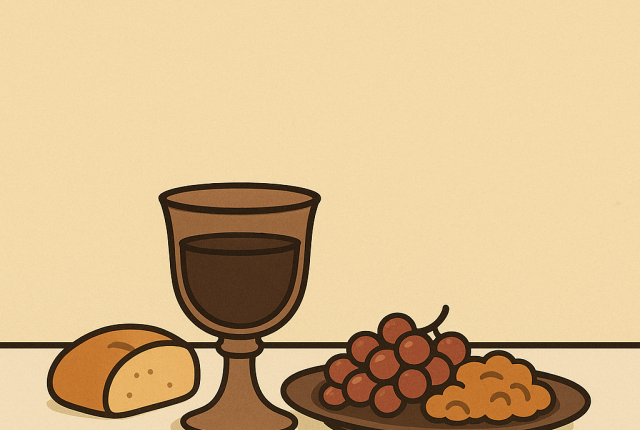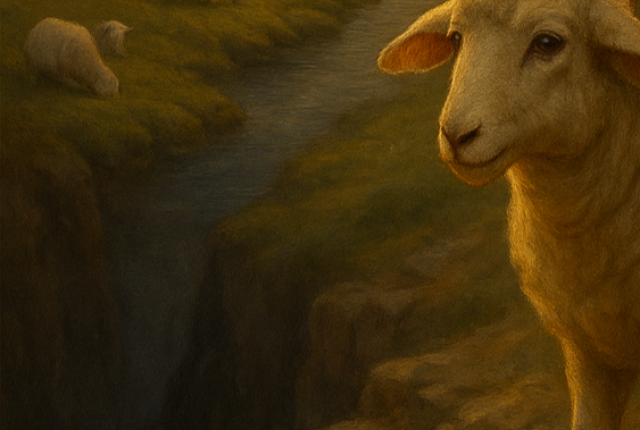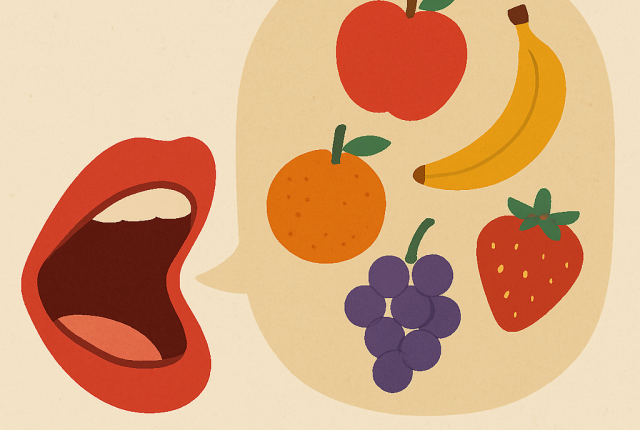SimpleSearch
Archives
Translate
About Me

Hi! My name is Jacob Greenidge. I’m a young man who loves Jesus and likes to write. I call Longmont CO my home. I troubleshoot machines for a living and enjoy tinkering in my spare time.




On a delightful spring morning, five young men met together to discuss the second and third chapters of the revelation of the apostle John. We began with the letter to the Ephesian church, reflecting on some of the patterns in these letters. Christ writes to these churches, beginning with a nuanced description of himself and concluding with encouragement, but more often a call to repentance. We strove to work through these seven letters, yet something came up that required a pause.

In the last post, we looked at what it means to have God as our Good Shepherd. He leads, protects, and disciplines. He leads us down paths of righteousness that we may glorify his name. Now, let's turn to the last few verses of Psalm 23 where David shifts from describing God as his shepherd to paint...

Such comfort is found in Psalm 23. Every verse is filled with words that point toward the closeness and transcendence of God. David begins with the words, "The LORD is my shepherd; I shall not want." God himself, throughout Scripture, describes himself as the Good Shepherd and also the Lamb of God. God is both the Shepherd and the Sacrificial Lamb.

Jesus, the son of God, the manifest presence of the glory and holiness of God, addresses his father as holy, and asks that his father will sanctify those who are his. This truth feels like dense onion, layer after layer of incomprehensible reality.

The fruit of lips is a bit of a strange concept. We receive fruit as nourishment though lips but how often do we view our lips being a full or lacking in fruit.

Hi! My name is Jacob Greenidge. I’m a young man who loves Jesus and likes to write. I call Longmont CO my home. I troubleshoot machines for a living and enjoy tinkering in my spare time.